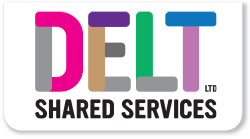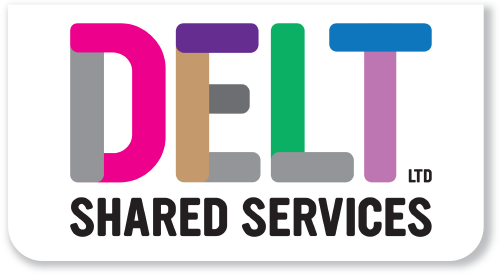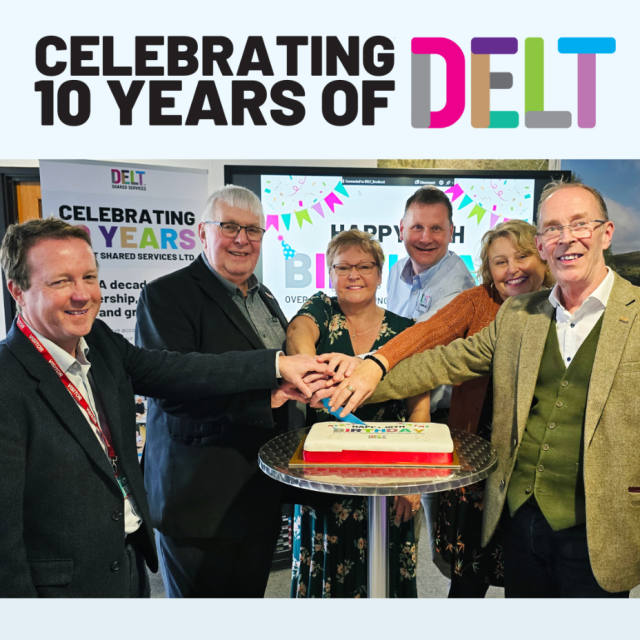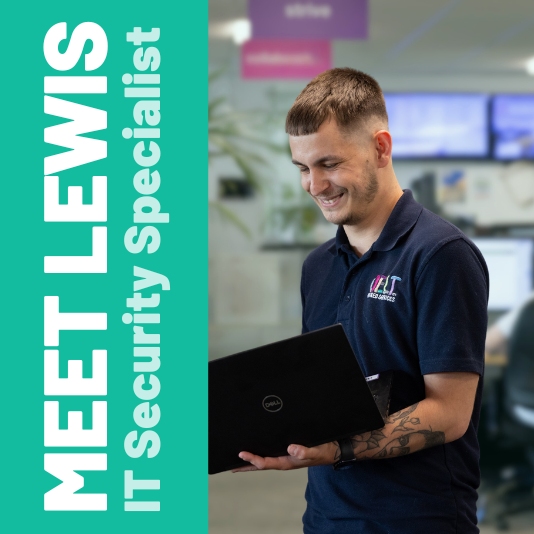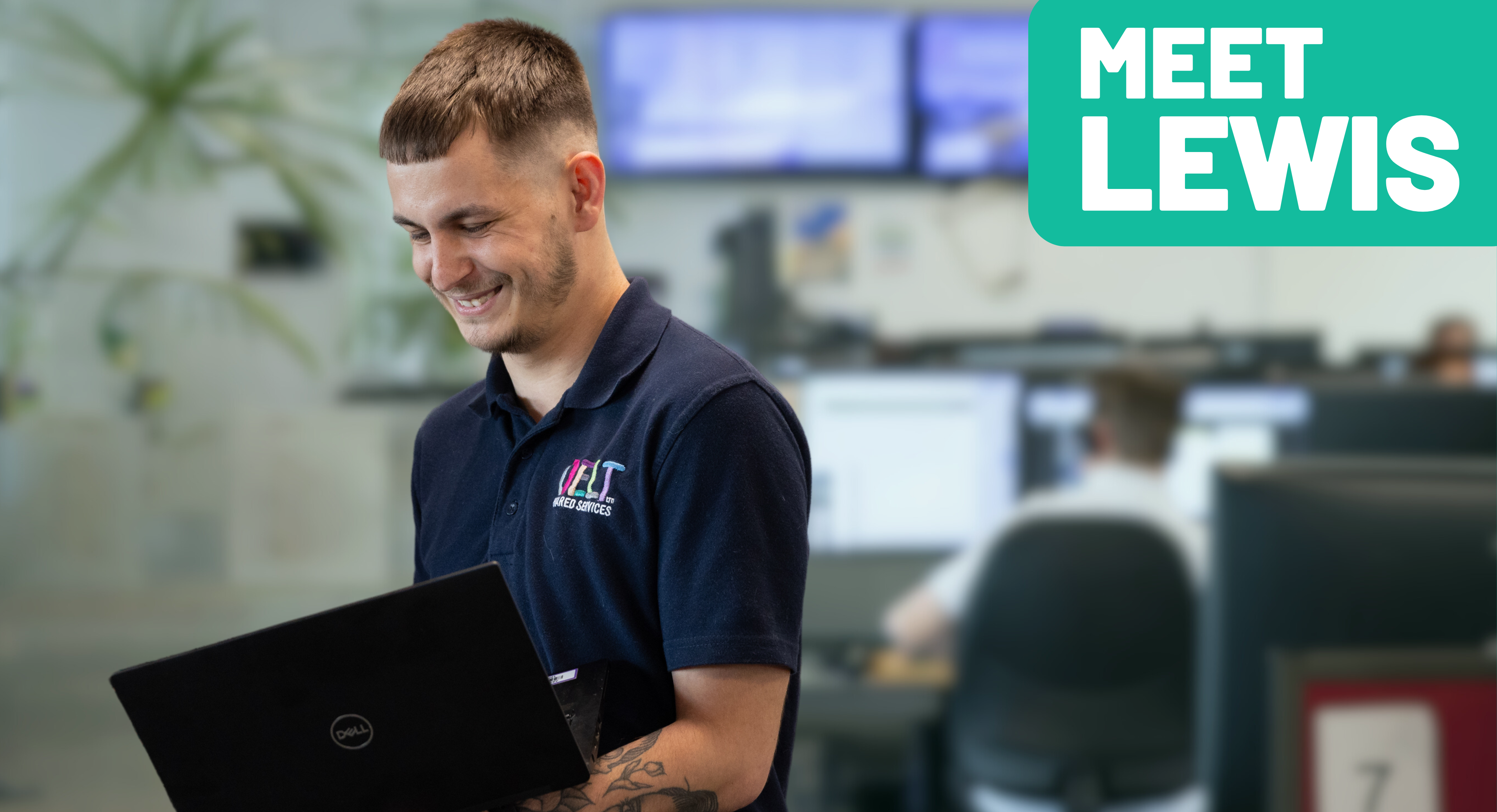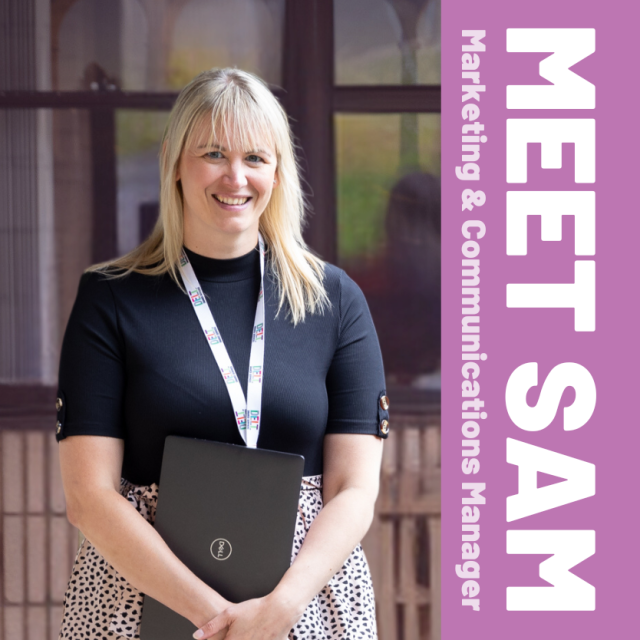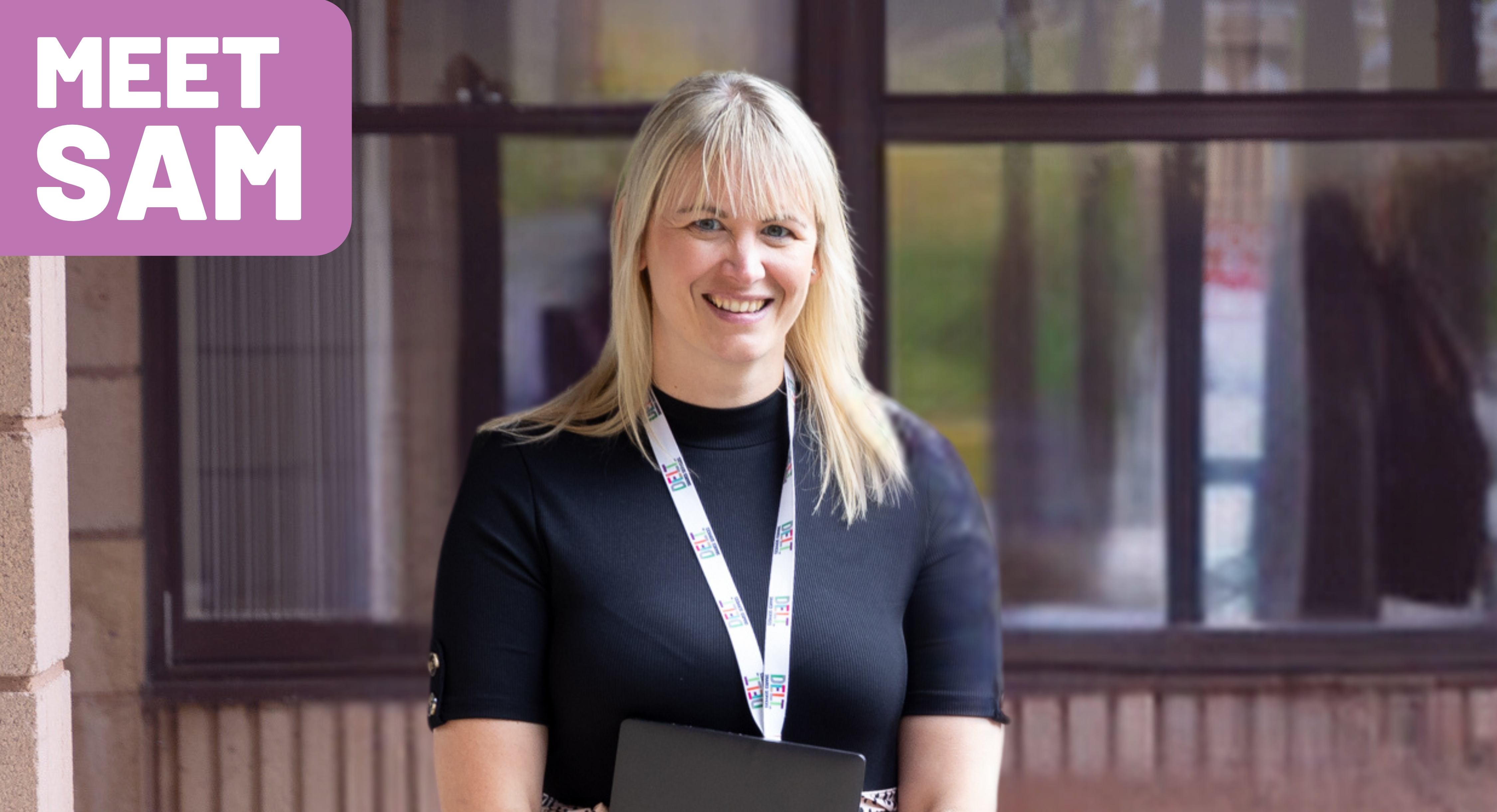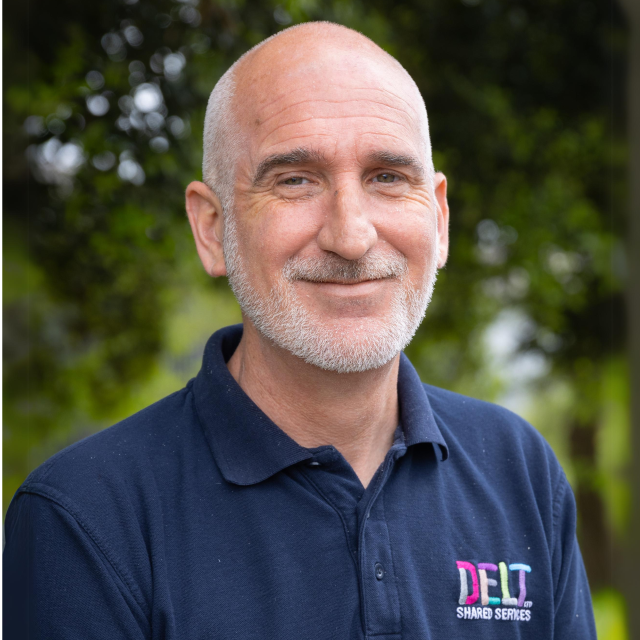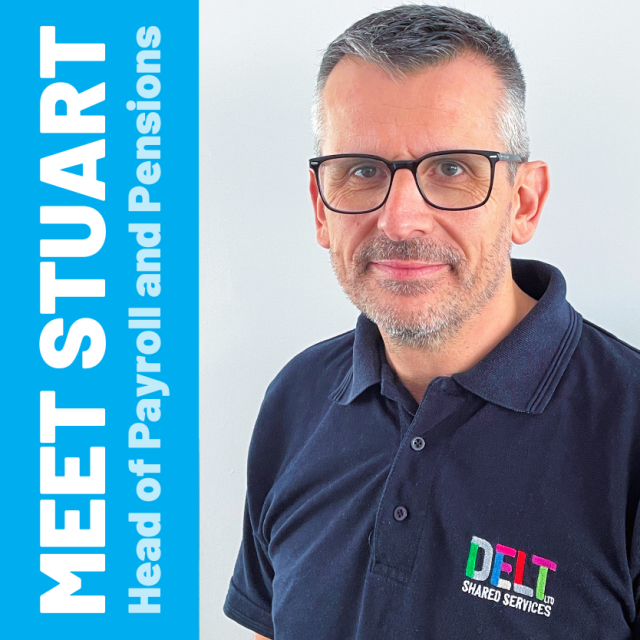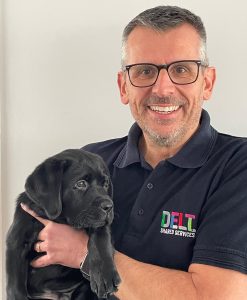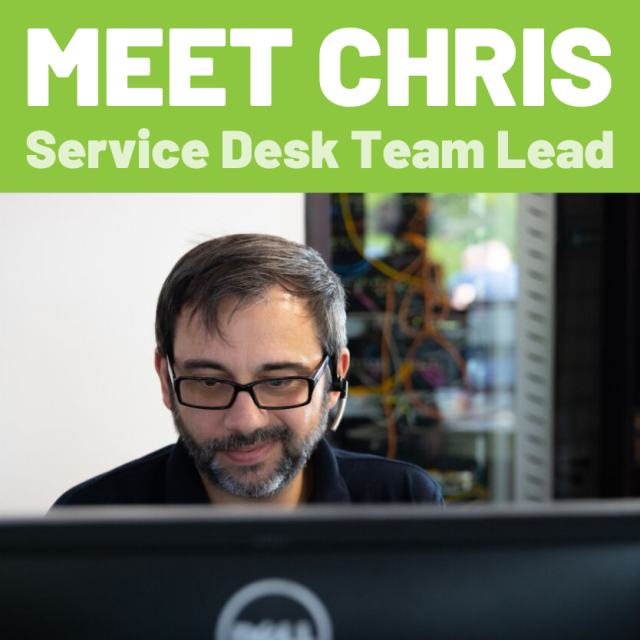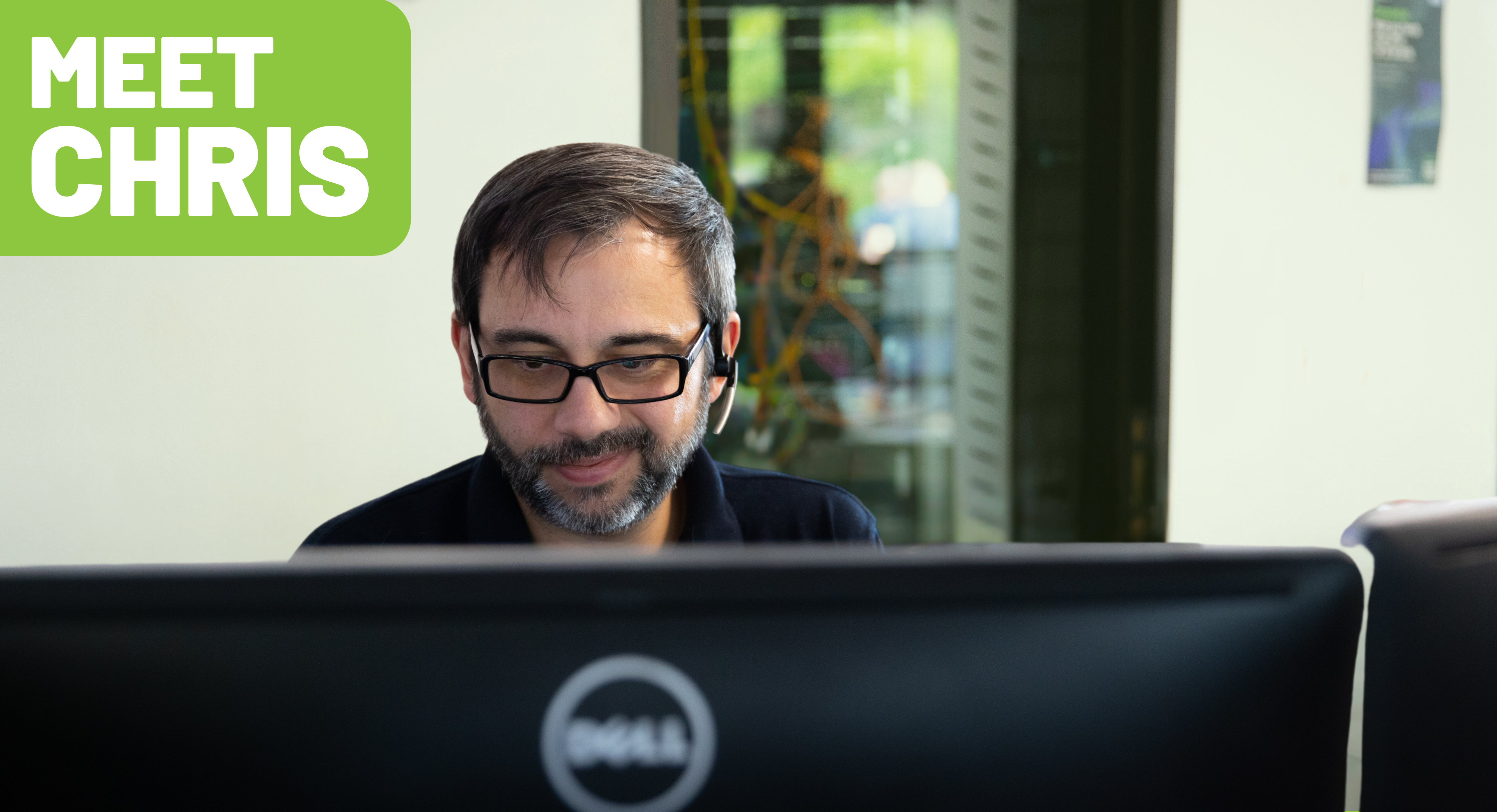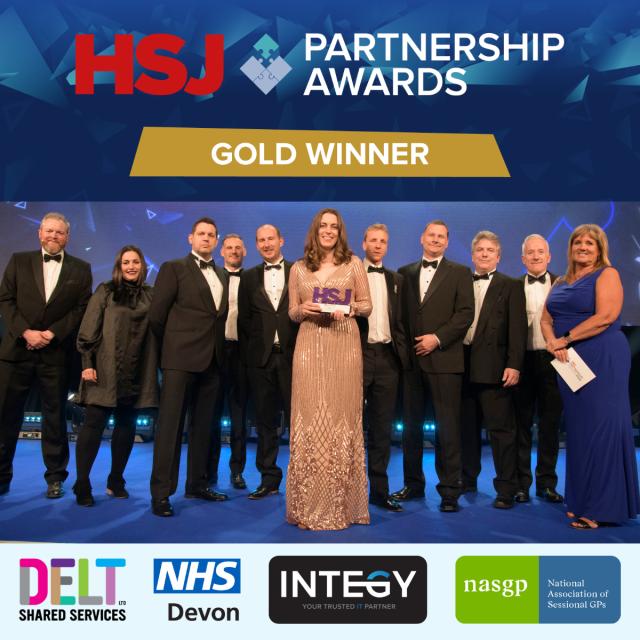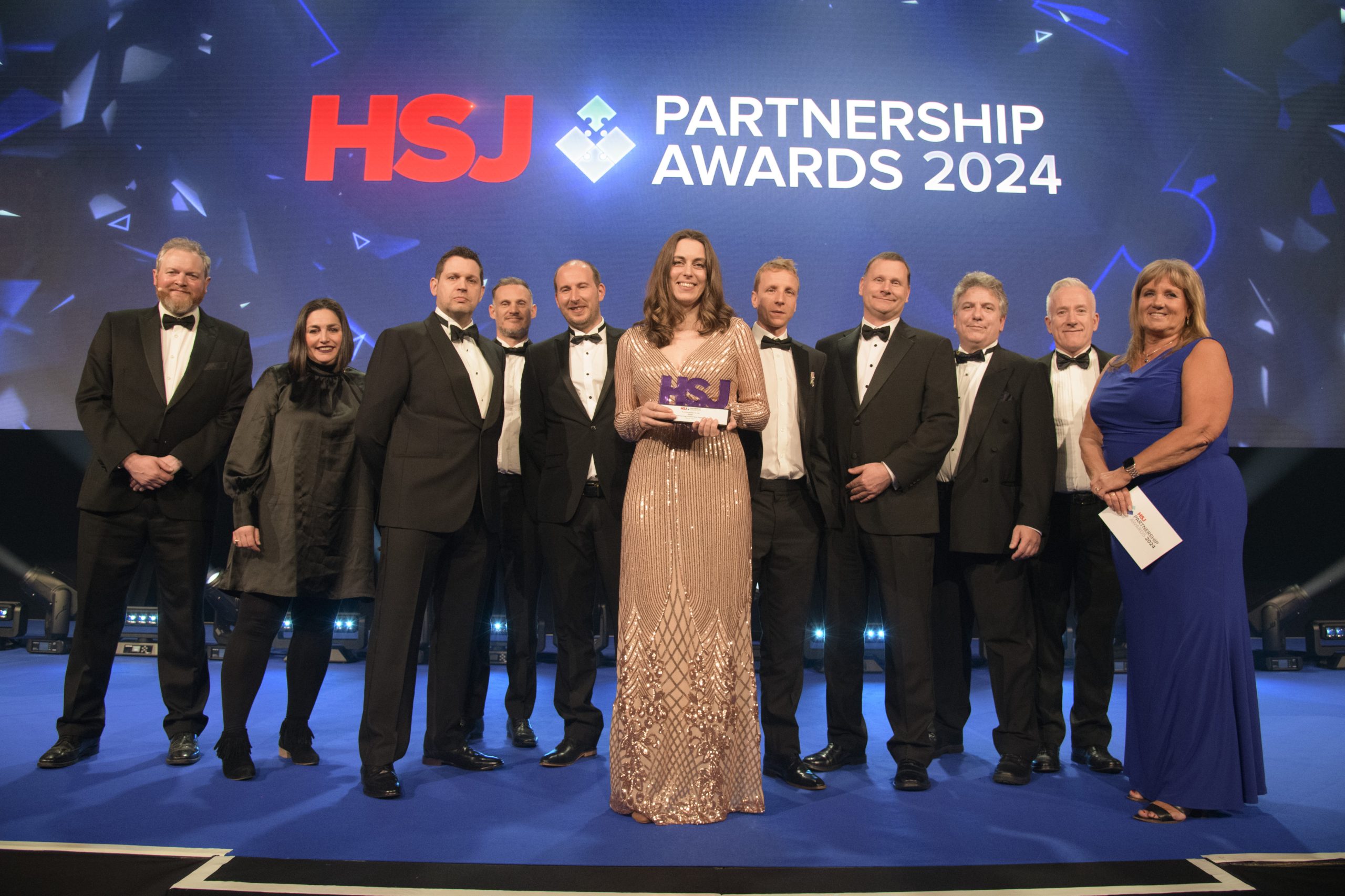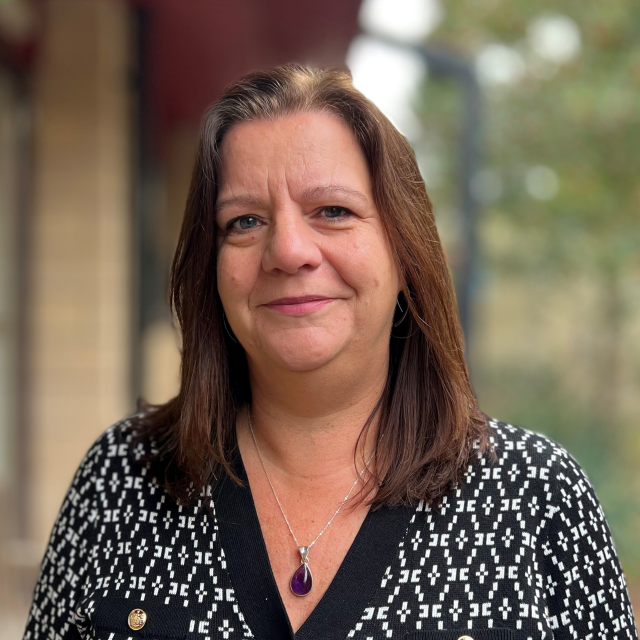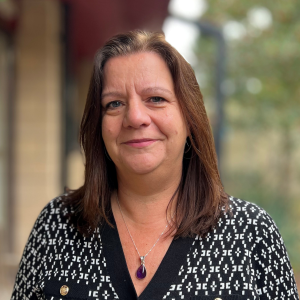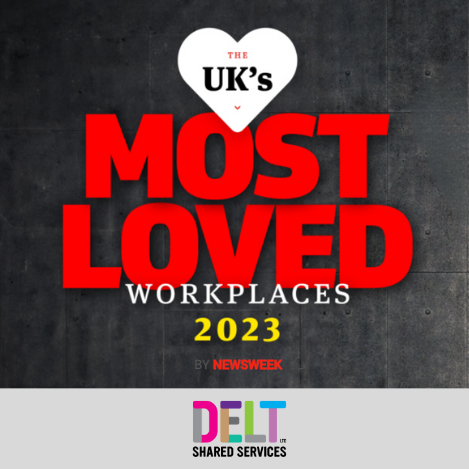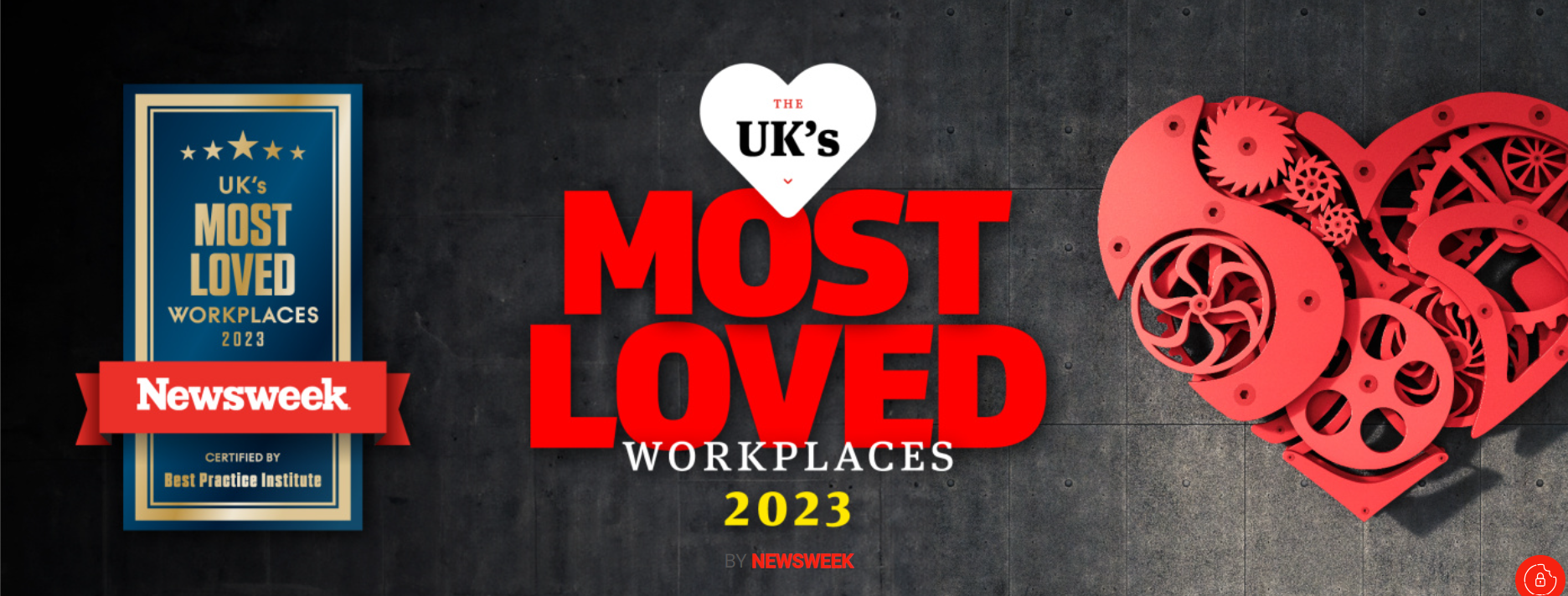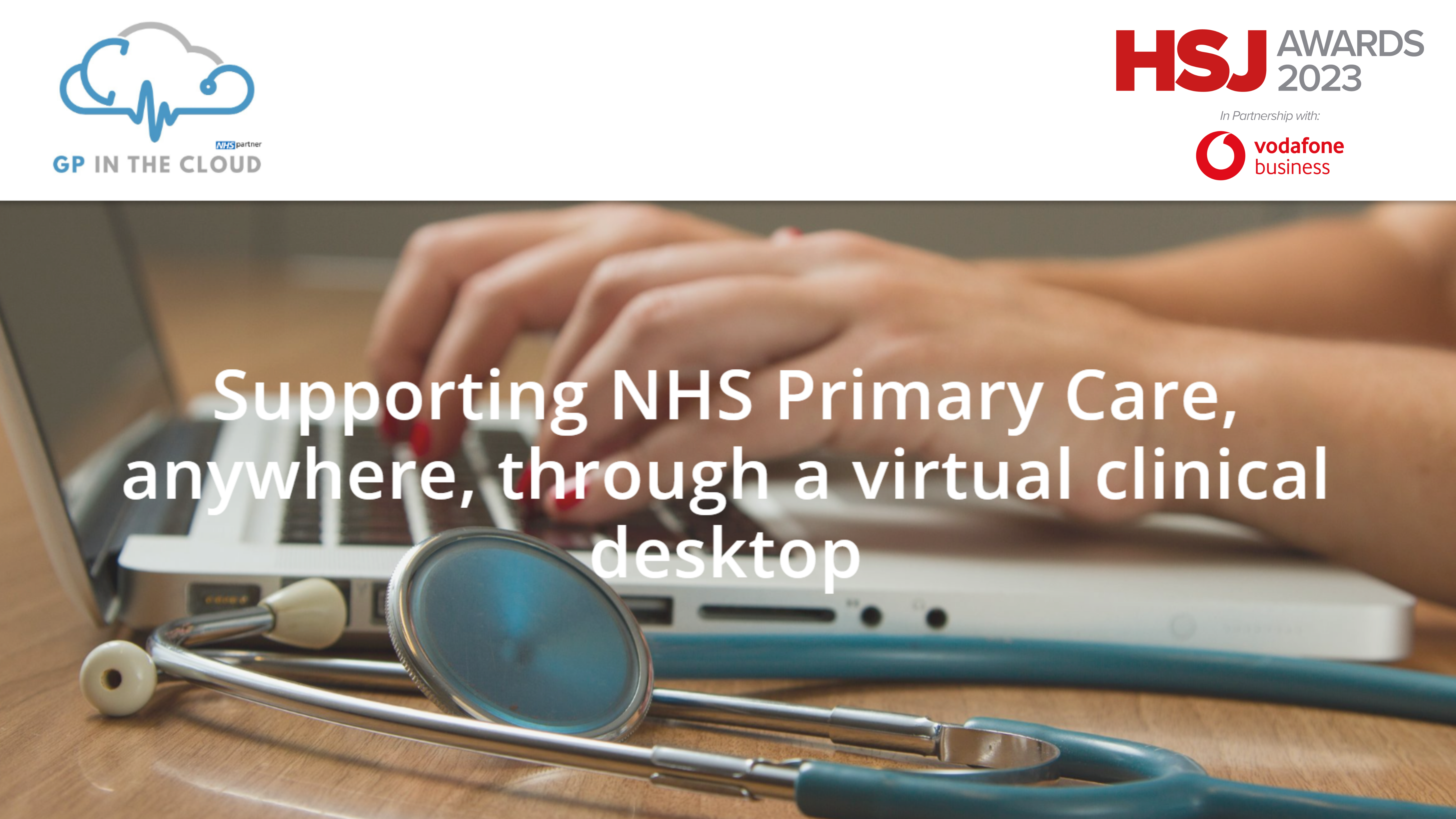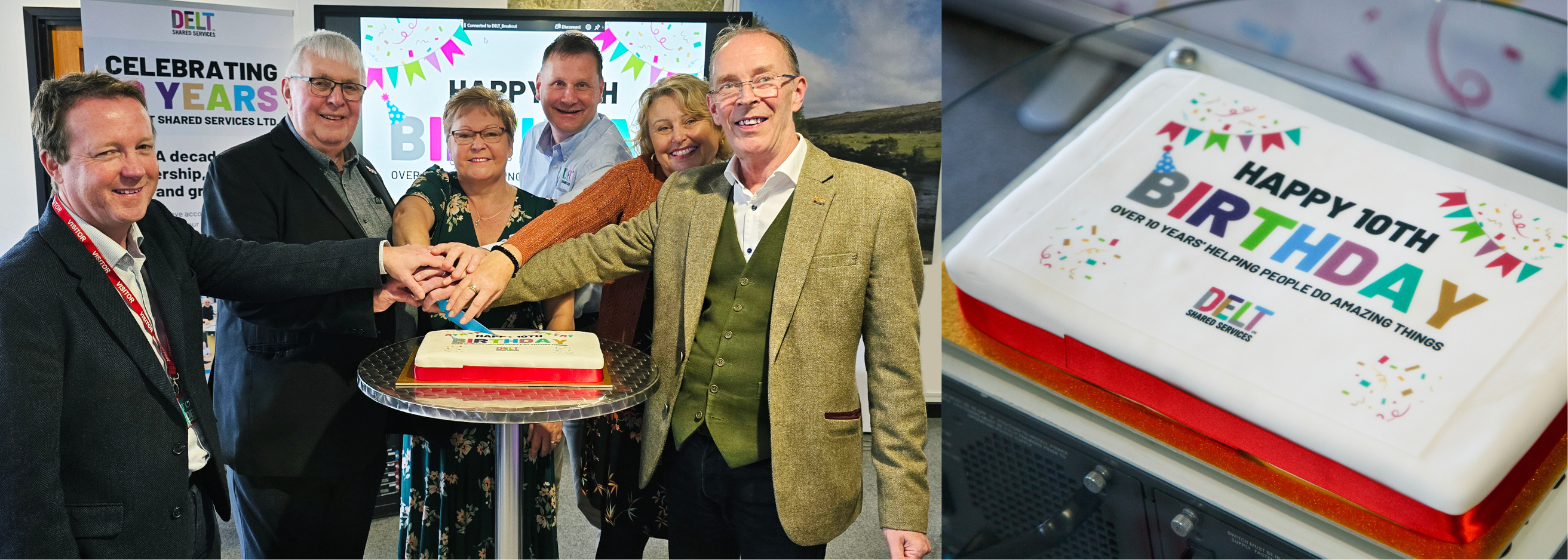
Plymouth-based business celebrates 10 years of growth into a Westcountry success story
24th October 2024, Plymouth, UK
A pioneering Westcountry business is celebrating a decade of helping people to do amazing things.
Plymouth-based Delt Shared Services has gone from just two customers to more than 250 today, helping it to return millions of pounds to its public sector owners for investment in public services.
Delt was the brainchild of Plymouth City Council and NHS Devon, who wanted an organisation that would deliver essential back-office functions such as IT, HR and payroll while keeping high-tech roles in the local area.
And it worked. Today Delt is a Westcountry business success story, providing services across 400 locations and contributing millions of pounds in social value every year to the South West as a whole.
Giles Letheren, Delt’s Chief Executive said the birthday celebrations were an opportunity to show how the organisation was making a real difference.

Giles Letheren
Delt’s success story extends beyond financial performance. As a living wage employer and a supporter of the Armed Services Covenant, Delt is committed to social responsibility.
The company also leads in environmental sustainability, with plans for a net-zero data centre and green electricity powering its operations.
Straight from the off Delt bucked the national trend by delivering both cost savings and service quality improvements, something other similar businesses were failing to do.
Over the past decade, Delt has returned over £5 million in dividends to its shareholders – funds directly reinvested into local NHS services, schools, and services for the elderly.
This is on top of the £20 million that it contributes annually in social value to the South West through well-paid high-tech or specialist roles – jobs that could have disappeared from Plymouth if Delt did not exist.
Giles said that what set Delt apart was its unique blend of private sector efficiency with public sector values.
“We’ve shown that it’s not about cutting corners – it’s about working smarter and delivering more,” he said.
“Our people are at the heart of our success, and we continuously invest in their skills to ensure they can offer the best to our customers.”
With a decade of growth behind it and the continued support of key shareholders, Delt is poised to build on its success. “We’re committed to helping more organisations in the South West and beyond achieve better service outcomes through shared services.
“And the more profits we make, the more people in Plymouth and the wider Devon area benefit.”
David Northey, Plymouth City Council Director of Finance, said: “When we first established Delt, with NHS Devon, we wanted it to become a company that could provide us with high quality services – enabling us to continue our work to make Plymouth a great place to live, work and visit. From our front-line services to our back-office engine room, the services that Delt provide help us 24/7 to deliver over 300 services. Since its launch, Delt has continued to grow and thrive and I look forward to seeing how the company develops further over the next ten years. Thank you to all colleagues at Delt for all their support. Happy Birthday!”
Malcolm Senior, NHS Devon’s Director of Digital Transformation, said: “We would like to wish Delt and its staff a very happy birthday. We have enjoyed working with the Team at Delt and happy to see that it’s reached this significant milestone.”
